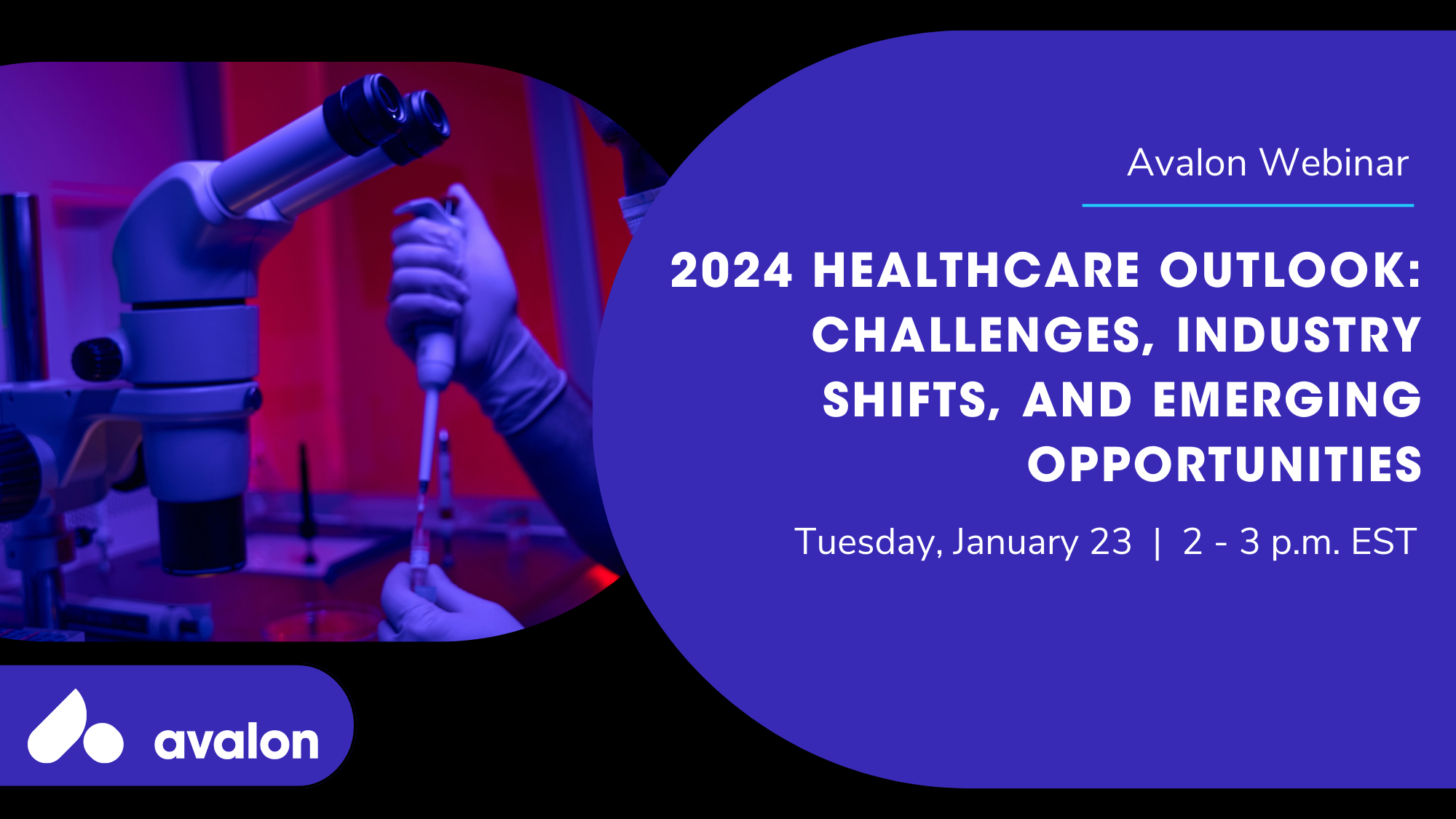Healthcare Innovations and Challenges: A Look Ahead to 2024
The landscape of healthcare in 2024 is poised for transformative shifts, marked by changes and significant financial considerations. Key areas of development include groundbreaking genetic therapies, modernization through biomarkers and AI, and policy reforms impacting prior authorization and regulatory authority.
Innovative Therapies and Cost Management
The introduction of expensive new therapies, including the CRISPR-based gene editing, demands a delicate balance between cost and benefit. These advanced treatments, although potentially life-changing, pose a significant economic burden, especially notable in the management of Alzheimer’s. Medicare expenditures for Alzheimer’s patients are threefold higher than average, highlighting the urgent need for health plans to prepare for such financial demands.
Recent studies, such as those on the JAMA-reported blood biomarker for Alzheimer’s, challenge traditional diagnostic methods like PET scans and spinal taps. The high prevalence of conditions like dementia and obesity further accentuates the need for sustainable financing strategies for these costly therapies that impact a broad swathe of people in America.
Scrutiny of Utilization Management and Coding (particularly in Medicare Advantage)
The Medicare Advantage program faces increased scrutiny over coverage decisions, with suggestions to eliminate chart reviews in favor of prospective coding. This approach aims to utilize existing data for better forecasting and improve the alignment of health plan data sets with the actual burden of illness.
Modernization Efforts: Biomarkers, AI, and Prior Authorization
The integration of biomarkers into standard care is underway, with legislation backed by entities like the American Cancer Society advocating for mandatory coverage of “biomarkers” if prescribed by a physician. However, this raises concerns over indiscriminate testing and the necessity for precise definitions regarding the term “biomarkers” to prevent wasteful spending with unclear clinical utility.
Artificial intelligence continues to be a buzzword, with its applications in healthcare ranging from administrative task automation to drug development. The potential for AI to revolutionize care delivery and clinical decision-making is vast, yet it is met with apprehension about its implications for care access and the practicality of regulatory expectations.
Policy and Market Trends – Electronic Prior Authorization
The healthcare industry must adapt to new regulations, such as the Electronic Prior Authorization Final Rule, which has rules in place that must be met by January 1, 2026, and then additional stringent timelines for decision-making and mandated electronic data exchange via APIs. Additionally, the discussion encompasses the Chevron doctrine, where a Supreme Court case may redefine federal regulatory authority, potentially affecting how agencies implement congressional directives.
Demographic Shifts and Cultural Changes
The aging baby boomer population is reshaping healthcare delivery, increasing the demand for patient-centric care and remote medical services. This shift necessitates a cultural adaptation within the healthcare industry to meet evolving needs.
Genetic Testing and Regulation
The trend in genetic testing reveals a decline in procedural costs but an increase in interpretation expenses. The industry faces a lag in coding practices and reimbursement models, necessitating innovative solutions like z-codes (which Avalon has licensed and uses) for accurate billing.
Economic Considerations
Healthcare is grappling with economic challenges, underscored by the ongoing negotiations over budget bills that exclude physician fee schedule cuts. The financial implications of innovative treatments, coupled with economic headwinds, emphasize the critical role of cost containment.
Political Implications – the 2024 Presidential Election & Beyond
The 2024 Presidential Election is set to influence healthcare themes significantly, with debates surrounding site neutrality in drug pricing and the impact of political shifts on healthcare policies.
In summary, healthcare professionals must navigate an evolving landscape where innovation, policy, and economic pressures intersect. Embracing modernization while ensuring sustainable practices will be vital for advancing patient care while maintaining financial viability in the coming years.
For more information and frequently asked questions related to the Prior Authorization Final Rule, please visit Maverick Health Policy.

